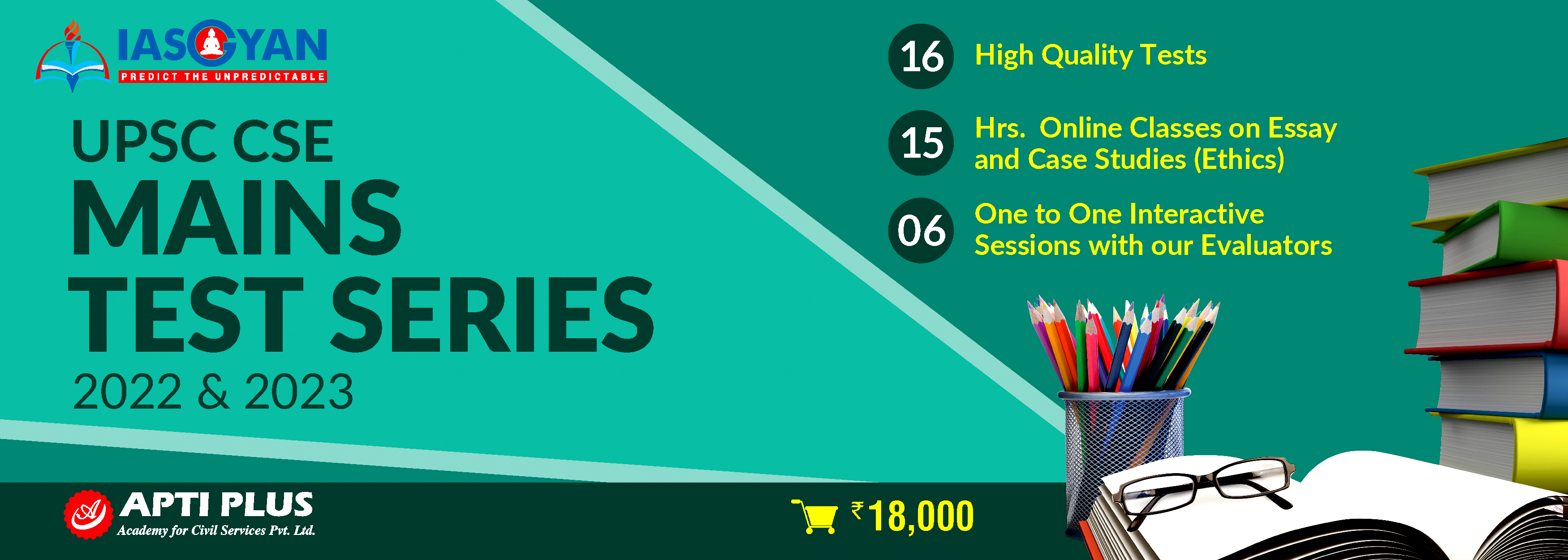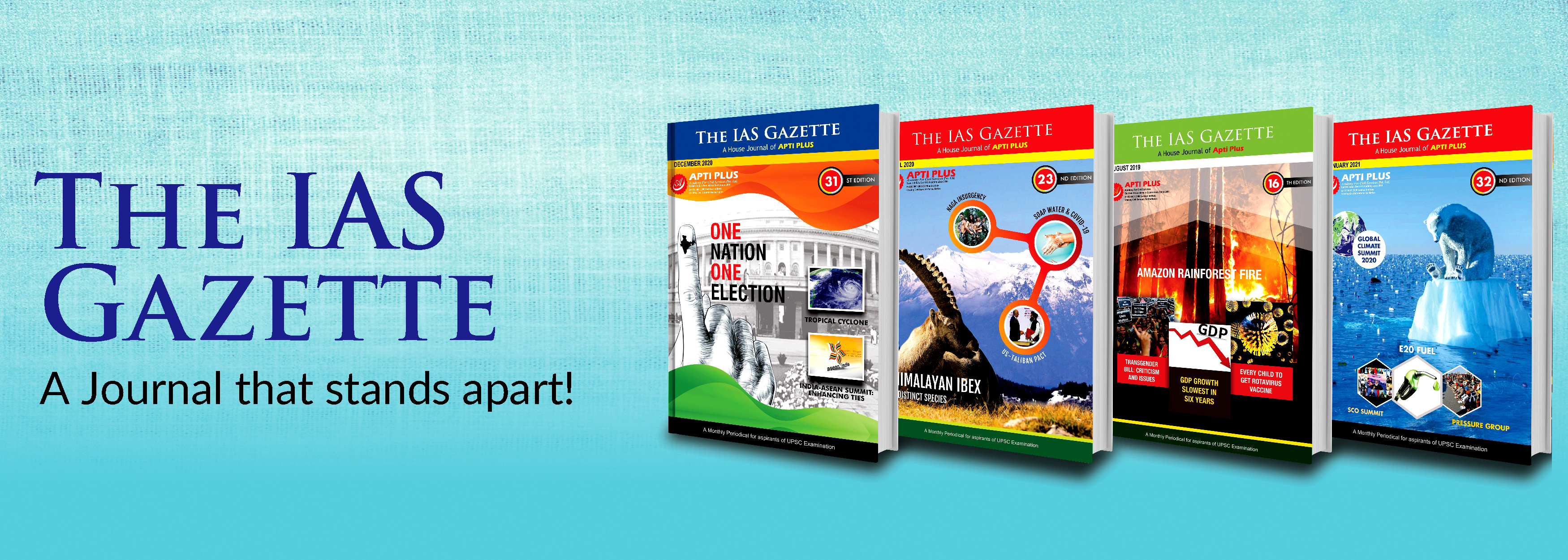MAJOR COMMITTEES ON ELECTORAL REFORMS

Introduction
India being a democracy, voting and elections play a very vital role. But these two very important processes have been facing a lot of issues in a big democracy like India. Some of these issues may include- Communalism and politics, Money Power, Booth Capturing, Violence, and Criminalization of Politics. Therefore, the need for electoral reforms has been ever increasing. This was the view of many committees formed for this matter, some of which are-
- Tarkunde Committee (1974)
- Jaya Prakash Narayan Committee (1974)
- Goswami Committee on Electoral Reforms (1990)
- Vohra Committee Report (1993)
- Indrajit Gupta Committee on State Funding of Elections (1998)
- Law Commission Report on Reform of the Electoral Laws (1999)
- National Commission to Review the Working of the Constitution (2001)
- Election Commission of India - Proposed Electoral Reforms(2004)
- Jeevan Reddy Committee (2004)
- The Second Administrative Reforms Commission (2008)
With a view to restoring the faith of the public in the democracy of India and its processes, many electoral reforms have been made from time to time.

Jaya Prakash Narayan Committee:
In 1974, Jaya Prakash Narayan headed a committee consisting of EPW. Decosta, A.G. Noorani, R. D. Desai, PH. Mavlankar, M. R. Masani and V. M. Tarkunde to make recommendations on electoral process or electoral reforms.
The committee suggested to change some criteria in the electoral processes. They are as follows:
- To change in the procedure of appointment of the Chief-Election Commissioner;
- To elect three-member Election Commission;
To reduce the voting age from 21 to 18 years; and
- The television and radio should be placed under an independent corporation.

Dinesh Goswami Committee:
In 1990, Dinesh Goswami Headed a Committee made the following recommendations;
- The ordering of re-poll or countermanding should be not only be on the report of the returning officer, but also otherwise and, also to give the Election Commission the requisite powers to appoint investigating agencies, prosecuting agencies and constitution of special courts.
- There is a need for an amendment to the anti-defection law to restrict disqualification only to those cases, where an elected member voluntarily gives up his membership of the political party, or when he votes or abstain from voting contrary to party whips, directions etc. only in respect of motion of vote of confidence. The question of disqualification of members should not be decided by the speaker or the Chairman of the concerned House.
- Changes in the voting pattern and shift to proportional representation of the list system, instead of present voting system should be made (However, this matter was to be further discussed amongst exports)
- There should be fresh delimitation on the basis of 1981 census and there should be a provision for rotation of reserved seats for Scheduled Castes and Scheduled Tribes.
- No candidates should be allowed to contest an election from more than two constituencies. The age of Candidates for assembly seats should be reduced to 21 and for the Council to 25.
- To discourage non-serious candidates, the security deposit for Lok Sabha should be increased to Rs. 5000 and for Assembly it should be increased to Rs. 2500. The amount should be forfeited if the candidate fails to secure one fourth of the total votes. The member of proposals to nomination should also be increased.
- A model code of conduct be framed which would include issues relating to-the use of official machinery, transport, media, funds etc.
- There should be a ban on transfer of officials and staff concerted with the elections. The Commission and the Central Government should continue the periodic revision of election expenses in consultation with the Election Commission. There should be a six month time limit for holding bye-elections.
- Army and Para-military personnel, diplomats and others placed outside India should be allowed proxy voting.
- Extensive restructuring of the accounting of election expenses is needed.
- Monitoring of expenses should be undertaken by the Election Commission, and a speedy trial of election disputes through the help of adhoc judges should be ensured.
- There should be provision to punish plying mechanically-propelled vehicles, carrying lethal weapons and fire arms or distributing liquor on, the polling day.
- Electronic voting machines should be used to put an end to manipulating and tempering.

Jeevan Reddy Committee:
The Justice Jeevan Reddy has proposed far Reaching Electoral Reforms.
The Following are the Highlights:
- The Commission advocated a total ban on splits and mergers of political parties during the term of the Lok Sabha or Legislative Assembly.
- Once a member has been elected on a ticket of a particular recognized party, then he should remain in that party till the dissolution of the House or till the end of his membership by resignation or otherwise.
- The Commission has recommended an adequate representation.
- To discourage non-serious persons from contesting elections, the Commission has recommended a steep ten-fold hike in the deposits of independent and non-recognized party candidates.
- To curb criminalisation of politics, the Commission has suggested that a person should be disqualified from contesting elections to the Lok Sabha or an Assembly if a court has ordered framing of charges in respect of offences listed in the Representation of the People Act, 1951.

Tarkunde Committee:
In August 1974, Jaya Prakash Narayan on behalf of the Citizen’s for Democracy appointed a committee V.M. Tarkunde, M.R. Masani, P.G. Mavalankar, A.G. Noorani, R.D. Desai and E. PW. Decosta. It is known as Tarkunde Committee. The committee made the following recommendations:
- The election Commission should be a three member body.
- The minimum age for voting should be 18 years.




